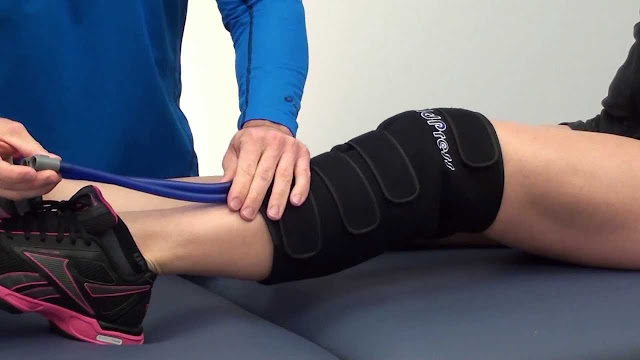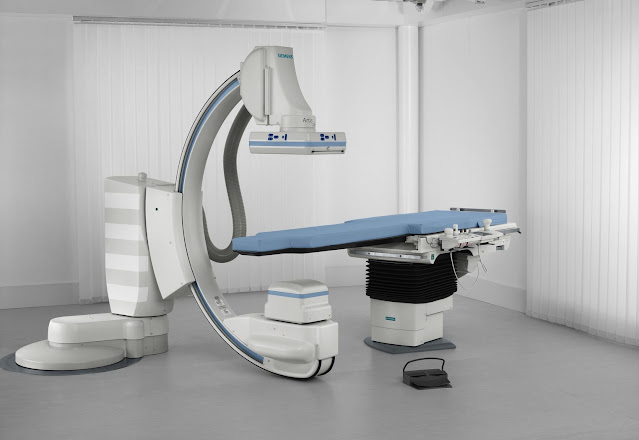Increasing Prevalence of Cardiovascular Diseases & Growing Awareness of Compression Therapy
The India Static Compression Therapy Market is estimated to be valued at US$ 181.1 Mn in 2022 and is expected to exhibit a CAGR of 7.4% over the forecast period 2023 to 2030, as highlighted in a new report published by Coherent Market Insights.
Market Overview:
Static compression therapy includes compression garments and devices that
are used to treat chronic venous insufficiency, deep vein thrombosis,
lymphedema, and other conditions. Compression bandages, stockings and sleeves
are commonly used static compression products that apply graduated compression
around a limb or other body part to help push blood and lymph fluid back to the
heart and Prevent fluid buildup. They are widely used in hospitals and clinics
as well as prescribed for self-care.
Market Dynamics:
The India static compression therapy market is driven by the increasing prevalence
of cardiovascular diseases such as deep vein thrombosis, varicose veins and
lymphedema which require compression therapies. According to the Cardiological
Society of India, cardiovascular diseases accounted for 28% of total deaths in
India in 2020, with numbers expected to rise further. Growing awareness among
people about benefits of compression garments in preventing and managing such
conditions is also fueling market growth. Furthermore, presence of leading
players and availability of various compression products at affordable prices
are boosting market expansion. However, lack of reimbursement policies for
compression therapies in India limits market potential.
SWOT Analysis
Strength: The India static compression therapy market has a large pool of
patients suffering from chronic venous diseases, deep vein thrombosis and
lymphedema. There is a growing awareness among people regarding benefits of
compression therapy. Many hospitals and physical therapy centers provide these
therapies.
Weakness: High cost of compression therapy products is a major restraint. Lack
of reimbursement policies further increases patient's out-of-pocket
expenditure. Low compliance to compression garments during course of therapy
hampers full recovery.
Opportunity: Increasing incidences of sports injuries and accidents provides
growth opportunities. Growing medical tourism industry also supports market
growth. Market players can focus on developing low cost products to penetrate
rural areas.
Threats: Alternative treatment therapies like medication, surgical procedures,
physical exercises possess threat to static compression products. Unorganized
players providing low quality products at lower prices can negatively impact
established brands.
Key Takeaways
The Global
India Static Compression Therapy Market Size is expected to witness
high growth, exhibiting CAGR of 7.4%
over the forecast period, due to increasing incidences of venous leg ulcers,
deep vein thrombosis and sports injuries. The North Indian region currently
dominates the market due to presence of key players and advanced healthcare
facilities.
Regional analysis - North India is expected to maintains its dominance during
the forecast period, growing at a CAGR
of 8.1%. This is attributed to increasing healthcare expenditure and
presence of major market players in states like Delhi, Maharashtra and Gujarat.
West India is the fastest growing region due to growing medical tourism and
awareness.
Key players - Key players operating in the India static compression therapy
market are 3M, BSN Medical, Sigvaris AG, Cardinal Health, Medi GmbH & Co,
ArjoHuntleigh Healthcare India, Bio Compression Systems Inc, Zimmer Biomet
India, and Vissco Healthcare. These players are focusing on new product
launches and geographical expansions to strengthen their market presence.
Read more: https://www.rapidwebwire.com/market-prospects-of-india-static-compression-therapy-looks-promising/



Comments
Post a Comment